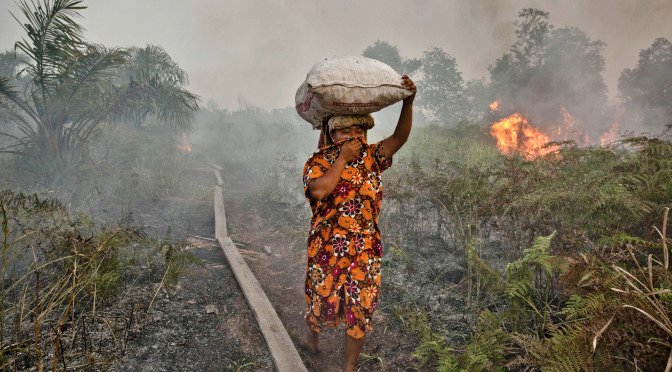It’s been a year since my last post and there were many reasons for that. First was work, developing taxonomies and controlled vocabularies for machine learning related projects. Then Covid happened, so I couldn’t go out to museums and galleries. Then I had to become a learning coach for my teen who is taking multiple AP classes online. Add to this ongoing efforts to stay current on technology and knowledge management by taking webinars, reading books, and going to virtual conferences. On top of all that, the hot mess that was American politics. It is Dec. 1st and I have finally come up for air – albeit with a mask.
I will do my best to re-cap and document the beta launch of Austin’s EAST online studio tour in a second post. It happened a couple weekends ago and unfortunately overlapped with an online conference so I was not able to attend in real time, but I will do my best to document for posterity.
After this I will try something new. All this time I have been tracking and posting links on Twitter for a variety of topics: online museum resources, digital humanities, digital preservation, open access courses, ethical AI, Asian visual culture and literature, taxonomy, ontology, linked data, and more. I’d like to attempt once a week to compile and curate these into newsletter type posts.
Once a month I will do my best to safely find a way to go out and look at art and review it. I will perhaps also make a post once a month looking at what local exhibitions are currently open for view and will share safety notes and tips, as well as share what online resources are available for those wanting to stay at home.
I will also work toward making occassional posts promoting resources and options for those wanting to live a more eco, sustainable, plastic-free lifestyle as that is top of mind as well.
I’d like to also share and promote local, small businesses in featured posts, pulling in photos from my Instagram account.
2021 will begin in just one more month – and I am feeling very hopeful that we will get past all this.
Art|Tech|Eco|Culture






